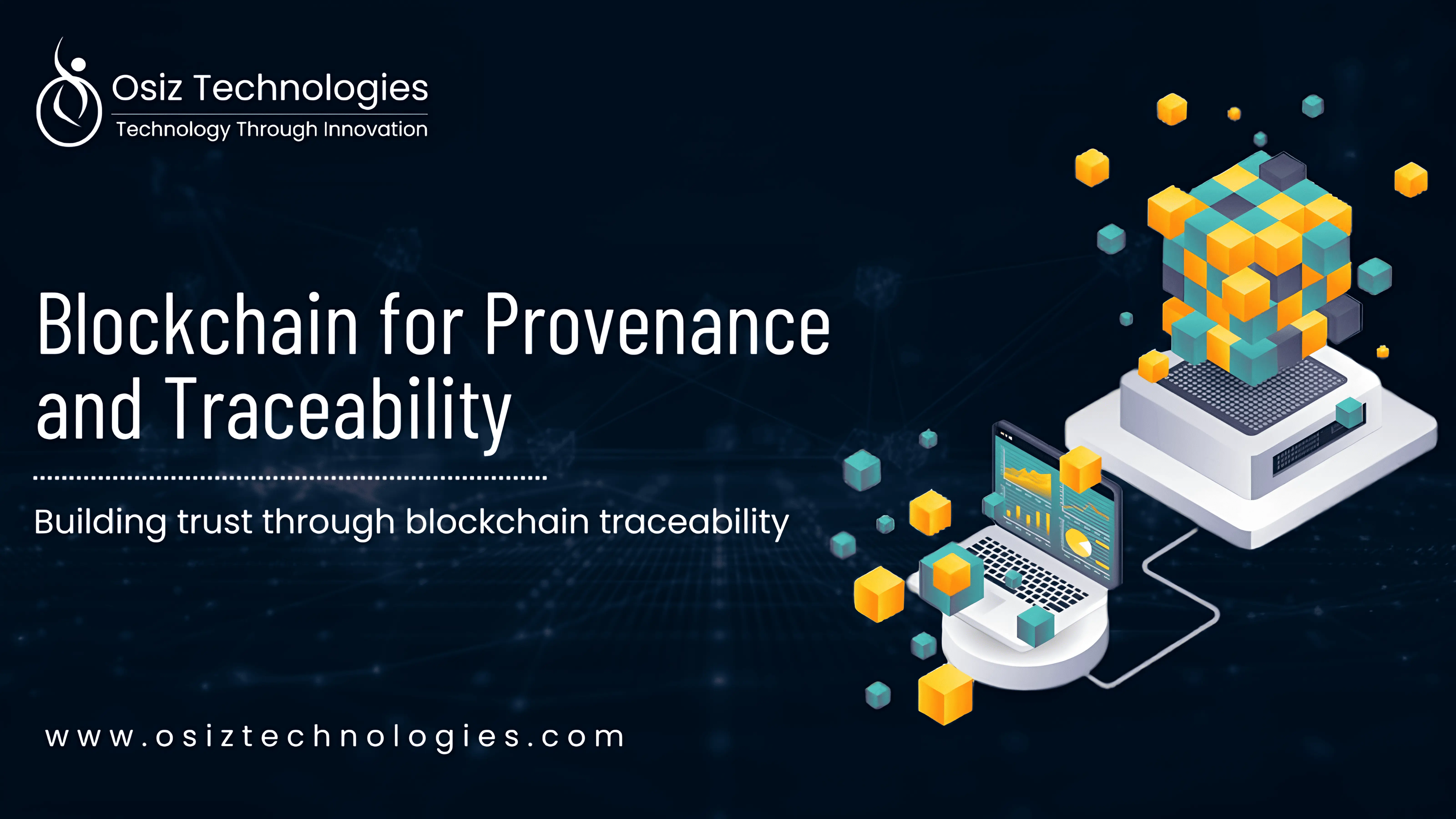DeFi Insurance Development
Osiz Technologies offers comprehensive Decentralized Finance (DeFi) development services, revolutionizing traditional finance by leveraging the Ethereum blockchain. Our DeFi solutions enable peer-to-peer financing without centralized oversight, empowering users with control over lending, borrowing, and more. We create a diverse range of DeFi applications, including lending platforms, stablecoins, and tokenized BTC, catering to individuals, developers, and institutions. Osiz specializes in innovative DeFi use cases like synthetic assets, decentralized exchanges, and flash loans. As DeFi rapidly disrupts the banking industry, our expert team ensures secure, scalable, and user-friendly DeFi platforms, driving the future of financial infrastructure.
Features Of Our DeFi Insurance Platform Development
Perfectly Audited Smart Contracts
Our smart contracts undergo thorough audits, ensuring reliability, security, and seamless execution for all transactions, safeguarding users against vulnerabilities and potential exploits.
Integrated Cyber Security
We implement robust cybersecurity measures to protect DeFi platforms from hacks and unauthorized access, ensuring the integrity and safety of digital assets.
Highly Automated
Our DeFi solutions are highly automated, reducing manual intervention and streamlining processes like lending, borrowing, and trading, enhancing efficiency and user experience.
Ultra-Transparent
We prioritize transparency, providing users with clear, accessible information about all transactions and operations, fostering trust and accountability within the DeFi ecosystem.
New Token Generation
We offer services for creating new tokens, enabling projects to launch their unique digital assets tailored to their specific needs and objectives.
Ethereum Token Swapping
Our platforms support seamless Ethereum token swapping, allowing users to exchange different ERC-20 tokens efficiently within the DeFi environment.
Crypto Wallet Insurance
We provide insurance options for crypto wallets, protecting users' digital assets against potential losses due to hacks or other security breaches.
Collateral Protection for Crypto-Backed Loans
Our DeFi solutions include collateral protection, ensuring that assets backing crypto loans are securely managed and protected against market volatility.
Complete Governance
We implement complete governance frameworks, enabling decentralized decision-making processes where stakeholders can vote on key issues affecting the DeFi platform.
Claim Management Setup
We offer comprehensive claim management setups, streamlining the process for users to file and manage claims, along with additional tailored DeFi services.
DeFi Insurance Platform Development Services We Offer
Crypto Case Insurance
Crypto case insurance covers your assets if hacked or stolen, supporting recovery from loss by protecting all crypto transactions and assets managed in your crypto case.
Smart Contract Cover
This insurance covers losses due to hacked smart contract addresses or permanently lost funds, ensuring user protection against disasters and enabling safe lending and borrowing.
Collateral Protection for Crypto-Backed Loans
This insurance safeguards collateral provided by recipients against destruction or theft, ensuring the safety of collateral accepted in exchange for loans.
How Does Our DeFi Insurance Platform Work?
Our DeFi insurance platform operates on the principles of decentralization, ensuring that coverage is sourced from a distributed network of providers rather than centralized entities. Providers become liquidity providers by contributing capital to designated "capital pools," where they have the autonomy to choose which protocols or incidents they want to cover. For instance, a provider can confidently add liquidity to a pool designated to cover a specific trade or protocol they believe is secure against potential compromises.
When a customer purchases coverage against risks like hacks or disruptions to a platform, the funds in the capital pool are utilized to settle any claims that may arise. Providers earn interest on the funds they contribute to these pools, incentivizing their participation despite the inherent risk of providing coverage. This interest is typically supplemented by premiums paid by insurance customers, creating a balanced ecosystem where risk and reward are carefully managed.
Transparency and fairness are maintained through governance mechanisms that oversee the management of capital pools and the processing of claims. This decentralized approach not only enhances trust within the community but also promotes a resilient and adaptive insurance framework that can effectively respond to the dynamic challenges of the DeFi landscape.
Benefits Of DeFi Insurance Platform Development
Our DeFi insurance platform offers comprehensive protection across various facets of the decentralized finance ecosystem:
Protection of DeFi Deposits
We safeguard deposits within DeFi protocols, ensuring users are covered against potential vulnerabilities and risks inherent in decentralized financial operations.
Protection Against Crypto Volatility and Flash Crash
Our insurance covers losses stemming from crypto market volatility and sudden price crashes, providing stability and security for investors and users.
Immediate Redemption of Tokenized Crypto
Users benefit from immediate redemption of tokenized assets in the event of unforeseen circumstances, ensuring liquidity and accessibility at critical moments.
Protection Against Theft and Attack on Crypto Wallets
We secure crypto wallets against theft and cyber attacks, offering peace of mind and robust security measures to mitigate risks associated with personal digital asset storage.
Protection from Hacks on Exchange Platforms
Our platform covers losses resulting from hacks and breaches on exchange platforms, ensuring users' funds are protected and reimbursed promptly.
Coverage of Technical and Financial Risks
We extend insurance coverage to include both technical failures and financial risks, encompassing a wide range of scenarios to safeguard users' investments and assets.
Immediate Claim Payouts
Claims are processed swiftly and payouts are made promptly upon verification, ensuring users receive timely compensation without delays.
Trustless Claim and Risk Assessment
Our decentralized framework employs trustless mechanisms for assessing claims and risks, ensuring transparency, fairness, and reliability in all insurance processes.
Why Choose Osiz For DeFi Insurance Platform Development?
Osiz stands out for DeFi insurance platform development, with our deep expertise in blockchain technology and decentralized finance. We offer tailored solutions that prioritize security, transparency, and efficiency, ensuring robust protection against risks like crypto volatility, wallet theft, and exchange hacks. Our team combines advanced technical proficiency with a commitment to innovative solutions, delivering scalable platforms that meet evolving industry needs. With a focus on trustless claim processes and immediate payouts, Osiz empowers users and stakeholders with reliable insurance frameworks that foster trust and resilience in the decentralized financial ecosystem.
Other popular services we offer
Listen To The Article












